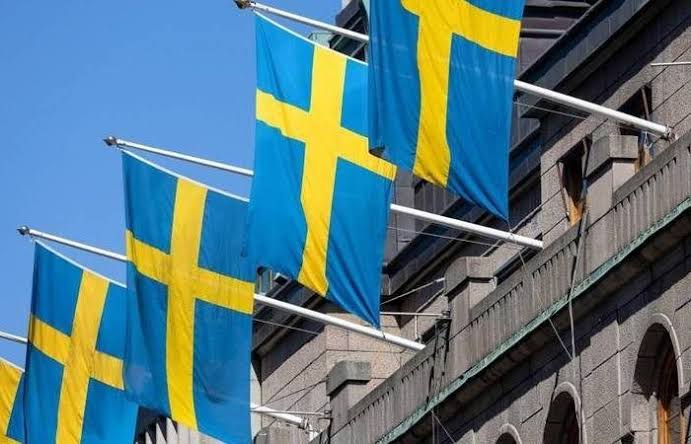The Swedish government has announced an increase in financial incentives for the voluntary return of migrants to their home countries, raising the amount to $34,000 per family. This decision is part of a broader strategy to reduce the number of asylum seekers in Sweden. The new grant program is set to begin in 2026 and represents a significant increase compared to the current departure grants of $970 for adults and $485 for children.
Migration Minister Johan Forssell announced the new immigration policy at a press conference, characterizing it as a “paradigm shift” for Scandinavia. Since 2015, the region has welcomed 162,877 asylum seekers, primarily from Afghanistan, Syria, and Iraq.
Sweden implemented a departure incentive system in 1984, but the small amounts offered have failed to encourage asylum seekers to leave, with only one individual departing in 2023. “If more people are aware of the increased grant, it’s likely that more asylum seekers will accept the offer,” said Ludwig Aspling, a member of parliament from the Sweden Democrats.
It remains unclear what criteria will determine eligibility for the grant, particularly since the decision follows the findings of a government-appointed commission of inquiry. The commission concluded that the expected benefits of the initiative did not justify its substantial cost.
Immigration Minister Maria Malmer Stenergard told SVT that the government remains committed to its plans to incentivize return migration, despite the commission’s findings. “We believe it is still worthwhile to explore measures that could enhance return migration,” she stated.
Prime Minister Ulf Kristersson, the first prime minister to assume office with the support of the far right, pledged in 2022 to adopt a firm stance against immigration and crime. The immigration issue has sparked widespread controversy in Sweden in recent years and became a central theme in the 2022 electoral campaign. This stance resonated with the center-right coalition led by Kristersson and the far-right party, which finished third in the elections and backed his rise to the prime ministership.
According to AFP, several European countries are developing financial incentives to encourage asylum seekers to voluntarily return to their home countries. However, the amounts offered are significantly lower than Sweden’s new grant. For instance, Germany offers $2,000, France provides $2,800, and Norway offers $1,400. Denmark has the highest voluntary departure incentive, which reaches $15,000.





